6 Travel Scams in Mexico and How to Avoid Them
Avoid getting ripped off on your holiday. From fake taxis and dodgy tour operators to corrupt police, here are some Mexico scams to watch out for.
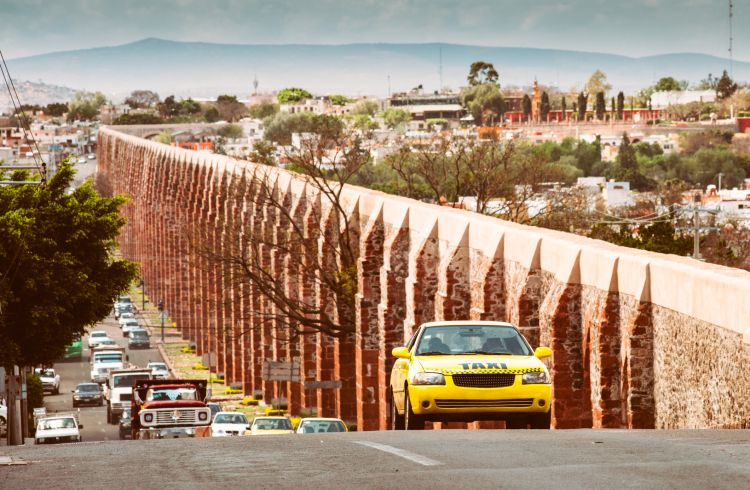 Photo © GettyImages/ferrantraite
Photo © GettyImages/ferrantraite
Having made at least a dozen trips by myself, with my family, and while leading group tours, it’s safe to say that Mexico is my favorite place in the world. It’s a large country with hugely diverse geography and a seemingly endless amount of food, culture, history, architecture, and music to explore.
However, like many countries, there are some common scams in Mexico to look out for. While scammers in Mexico are not lurking at every corner (and I’ve never experienced a scam firsthand), it pays to be vigilant. Here’s what you need to know about avoiding scams and petty crime so you can have a fun, safe, and exciting trip.
- Fake taxi scams
- Corrupt police in Mexico
- ATM skimming scams
- Bank note switching
- Fake souvenirs
- Dodgy tour operators
- General safety and scam-avoidance tips
Fake taxi scams
One of the most popular scams in Mexico is the unlicensed taxi, also known as fake taxis. These taxis could be posing as ride shares in private vehicles (in which case, always confirm the license plate number on your phone), or they could be a local criminal who borrowed or stole an official taxi.
Instead of flagging down a cab on the street, only hire an authorized taxi from an official taxi stand (sitio) or by having your hotel, B&B, or the restaurant you’re at call one. Once you find a reliable drive, keep their number in case you need to use them again. Express kidnappings in Mexico are not everyday occurrences but they do happen, so remain vigilant. What is more likely to happen is that you’ll be dramatically overcharged for the ride (at best) or robbed (at worst). If you’re robbed, call 911 immediately.
Corrupt police in Mexico
There have been reports of fake police infiltrating some police stations in Mexico – but some criminals pose as fake police without even bothering with that. Rather, they may throw on a fake uniform and approach a group of tourists in Mexico City, or they may pull over friends road-tripping their way from Tijuana through Baja California.
In any case, it’s important to ask for credentials and not just assume the person is an officer. Also note that real police officers will never ask you to immediately pay a fine or demand you accompany them to an ATM. If you’re truly being charged by an officer, you’ll be asked to follow them to the station to pay a fine, not to follow them to an ATM machine to pay cash on the spot.
While corrupt police in Mexico do sometimes ask for bribes, do not ever offer a bribe to an officer, which could make the situation worse. If you think you were approached by corrupt police, you can call 078 from any phone to reach a tourist information line, or you can call 911.
ATM skimming scams
Like many countries, Mexico has its fair share of ATM skimming scams. These so-called “fake ATMs” are outfitted with skimming devices that copy your bank details from the card or they could even swallow your card completely. To avoid encountering these machines, only withdraw money from ATMs that are located inside of banks or upmarket hotels (in other words, not the janky ATM machine outside of the budget hostel, which criminals could corrupt far more easily).
Bank note switching
Credit cards are widely accepted in Mexico (even by many street vendors), but cash is still king here. Any time you pay with cash anywhere in the world, there is the potential to receive fake bank notes in return as change. Because it’s simply not worth it for criminals to illegally print and circulate small bills, counterfeit bill switching is more likely when paying with large bills.
It can take a while to get accustomed enough to a local currency to be able to spot when the texture of the paper or the style of the watermarks is off, but it’s still worth studying local bills a bit to get comfortable with what they look and feel like. To avoid fake notes in the first place, use credit or debit when possible, and never “help out” a stranger (including fellow tourists) asking you to exchange money for them. Avoid paying for small purchases with large bills, and if all you have are large bills, ask the bank or your hotel to exchange them for you before heading out.
Fake souvenirs
It’s hard to find a location in the world that doesn’t sell fake souvenirs, and Mexico is no different. Here, you may encounter small markets selling fake handicrafts and relics, particularly in holiday hotspots and touristy attractions. Think someone is offering you an ancient Mayan relic for only US $100? They’re not, they’re offering you a fake.
When buying handicrafts, look for the artists name, which wouldn’t appear on mass-produced knockoffs that were likely made overseas. If something is shockingly cheap, it’s likely a fake. Silver jewelry should be stamped with the hallmark 925 and should only be purchased from established jewelry stores, not from beach hawkers or sidewalk vendors.
You may even find fake tequila. As Mexico’s national drink, it’s a very popular souvenir, but you’ll want to check the label to ensure that it is 100% agave and that the brand is reputable (the same goes when ordering in a restaurant).
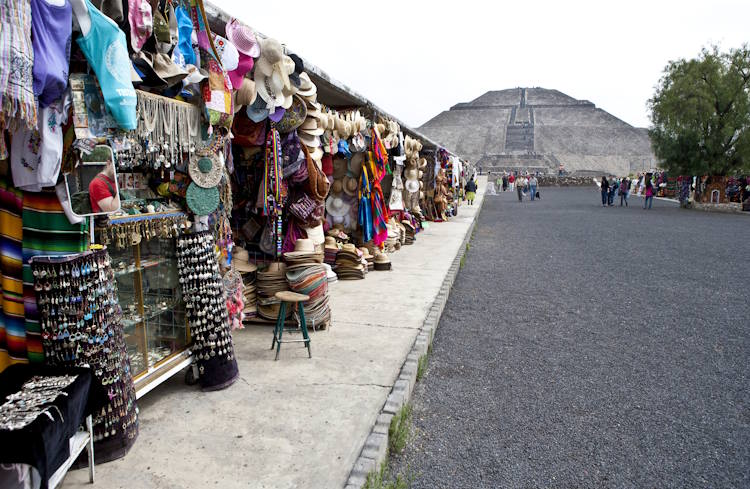
Dodgy tour operators
Another popular scam around the world that also occurs in Mexico is a dodgy tour operator trying to bill you for damages that you didn’t cause. For instance, you’re staying in Baja California Sur or Cancun for a sun and fun vacation and you rent a jet ski for a few hours. You hire an operator, pay them, then return the jet ski a few hours later. It’s at this point that the operator blames you for damaging the jet ski and threatens to call the police. They say you could get jail time unless you pay them cash on the spot (in which case, they wouldn’t call the police).
Fake jet ski damage claims are common, and you may encounter it at beaches all around Mexico (especially popular tourist destinations). However, it could also happen if you rent a bicycle, scooter, or any other equipment so only hire a reputable operator and document any existing damage before using it.
General safety and scam-avoidance tips
- Only rent equipment and go on tours with reputable operators.
- If you’re seeking authentic handicrafts or jewelry, only buy from reputable stores, not street stalls or beach vendors.
- Only use ATMs inside banks and reputable hotels.
- If approached by police, request their credentials.
- Never attempt to bribe a police officer.
- Only carry what you need – leave additional cash and valuables in your hotel safe.
- If you are robbed, call 911 immediately. If you plan to file an insurance claim, you may need to produce a police report.
- Stick to tourist areas and well-lit streets.
- Avoid walking alone, particularly at night.
- Don’t wear flashy clothing, jewelry, or watches.
- Rely on official taxis and rideshares like Uber instead of hailing cabs.
- If a fake police officer approaches you and requests documents, demands you pay a fine, or that you accompany them somewhere – don’t go. Instead, contact emergency services through 911.
Related articles
Simple and flexible travel insurance
You can buy at home or while traveling, and claim online from anywhere in the world. With 150+ adventure activities covered and 24/7 emergency assistance.
Get a quote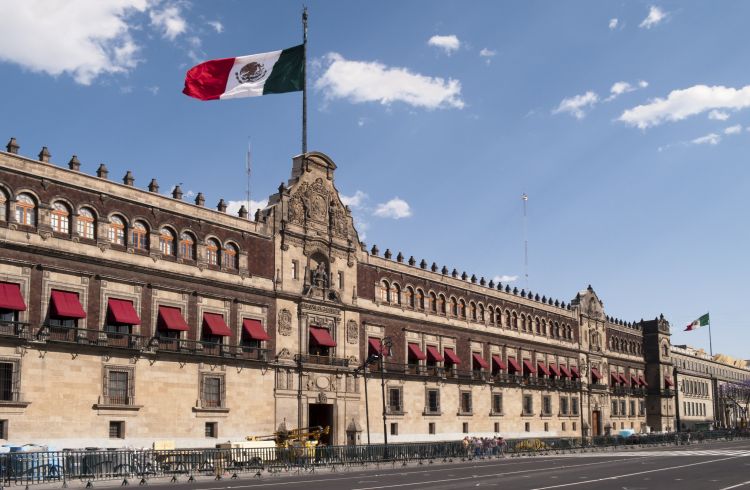
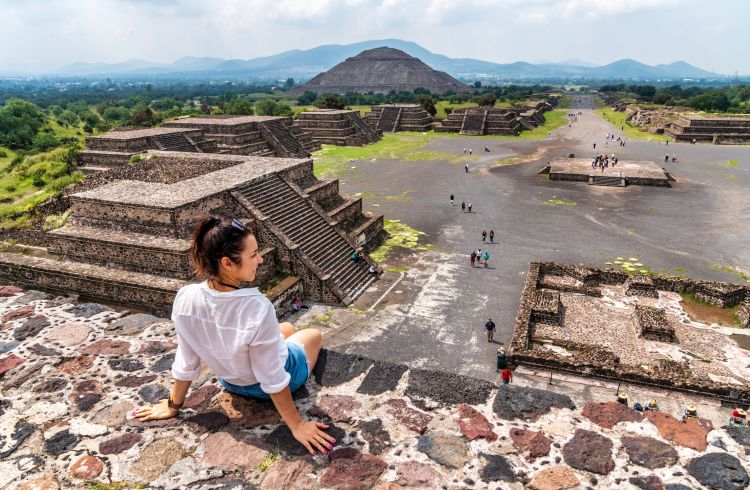
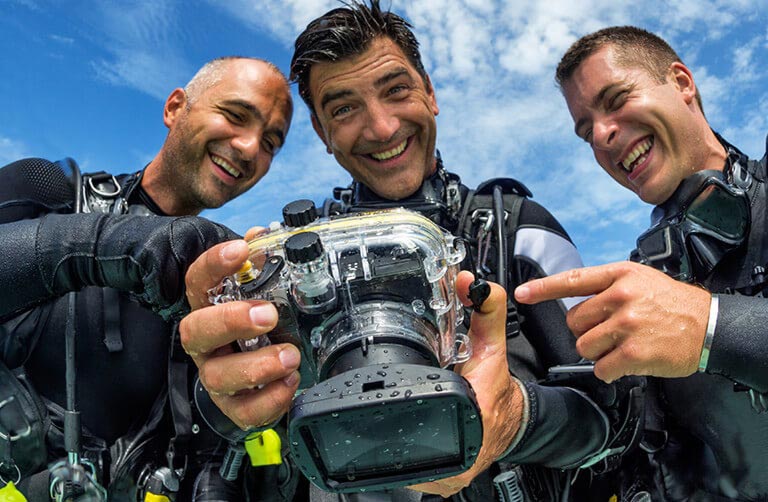
No Comments